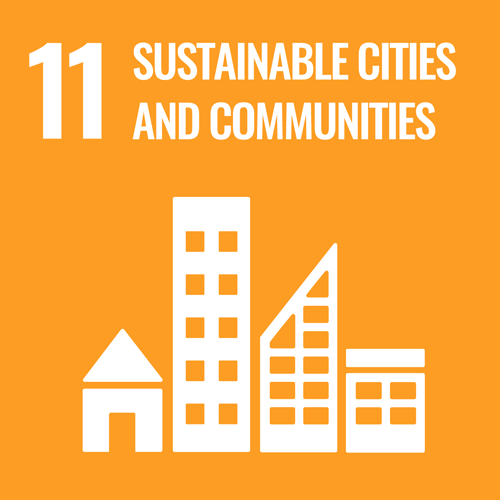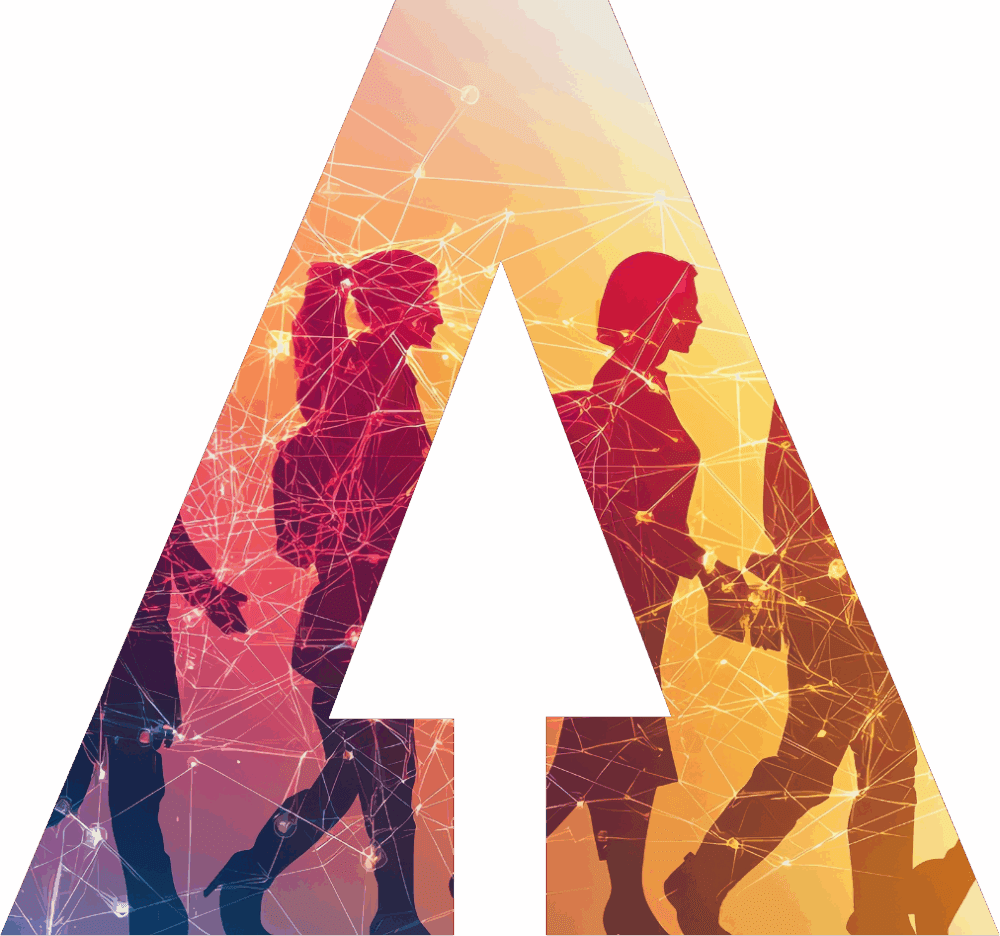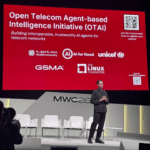As countries worldwide struggle with the COVID-19 pandemic, their health and economic response policies need to reflect the shifting, often elusive, sentiments of society.
The novel coronavirus, along with vaccines to prevent it, have provoked an unprecedented flood of distorted news and pseudo-scientific advice, ranging from useless to outright dangerous.
Amid this unprecedented “infodemic”, Barcelona-based Citibeats is using artificial intelligence (AI) to monitor and interpret public sentiment and thereby track what the company calls “social risk.”
Earlier this year, the World Health Organization (WHO) launched the Citibeats-powered Early AI-supported Response with Social Listening (EARS) platform, aimed at helping public health officials to combat mis- and disinformation and determine where to channel limited resources.
Tracking social risk with AI
According to Harry Wilson, Chief Product Officer at the company, there are different ways to define a social risk depending on the framework in which it is analyzed – which could be social, geographic, economic or psychological.
“In a nutshell, social risk represents a series of probable or potential events that might affect in a negative way the current status quo of a region or group of people,” explained Wilson.
To track social risk, Citibeats technology analyzes large amounts of textual data from different sources, teasing out concerns, opinions, and trends.
Such analysis can help companies and governments glean meaningful insights in real time, helping them act promptly amid changing environments.
The platform works best with big data. The greater the population, the more data can be collected to generate more accurate predictions.
In Latin America, Citibeats is working with the Inter-American Development Bank (IADB) to identify and better understand so-called “social civic needs” in real time using algorithms that combine natural language processing and machine learning.
Informing policy
According to CEO Ivan Caballero, these patterns can help inform evidence-based policy for fast-growing cities and developing economies. Examples include determining the impact of COVID-19 on social and economic development in Latin American countries and exposing gender-based inequalities.
Making massive amounts of data usable means “translating” it, so that policy-makers can understand opinions at scale. In another example, the company is working with the United Nations Development Programme (UNDP) and the United Nations Educational, Scientific and Cultural Organization (UNESCO), collecting data to help the government of the Dominican Republic define a more efficient COVID-19 communication strategy.
The potential of AI to analyze social risks and thus improve policy choices extends beyond the COVID-19 pandemic.
In Japan, Citibeats teamed up with NTT Data to identify areas needing infrastructure upgrades and urban re-planning to mitigate flood risks. After getting 5,000 reports of damaged structures, the government was ready to prioritize the necessary improvements.
Citibeats also worked with the organization Financial Sector Deepening (FSD) Kenya to collect 700,000 complaints from customers, which helped local authorities detect scams and overcharges in the financial services sector, as well as better promote consumer protection programmes.
In Ireland, the AI firm helped the Dublin City Council collect citizens’ opinions about their quality of life. This gave the city’s Smart Dublin initiative a series of quantitative indicators reflecting the population’s top priorities, helping to address specific needs and avoid misguided investments or interventions. According to the company, AI-driven data collection enabled a 250-fold increase in feedback from citizens, and did the job 90 days faster than traditional survey methods.
Citibeats joins ITU
After becoming an AI for Good Innovation Factory Champion in 2020, the fast-growing start-up joined the International Telecommunication Union (ITU) as an Associate Member of ITU-T Study Group 20 (IoT and smart cities) in February 2021. ITU’s global membership includes 193 Member States and over 900 companies, universities, and international and regional organizations.
As an ITU member, Citibeats is exploring opportunities to expand its network and grow its business, and how participation in ITU standardization might serve these objectives.
Citibeats is also participating in the open-to-all ITU Focus Group on AI for Natural Disaster Management.
For Caballero, ITU’s focus on connecting the world was a strong impetus to join. “We are proud to share our expertise with other members and contribute to improving global connectivity and networks in a socially responsible way,” he said.
The company is built around ethical principles including user protection, bias detection (and elimination, where possible), and a focus on use cases that improve citizens’ lives, Caballero added.
Citibeats benefits from new reduced fees for startups and SMEs participating as Associate members. Learn more about the new fee structure here.


 Register here
Register here













